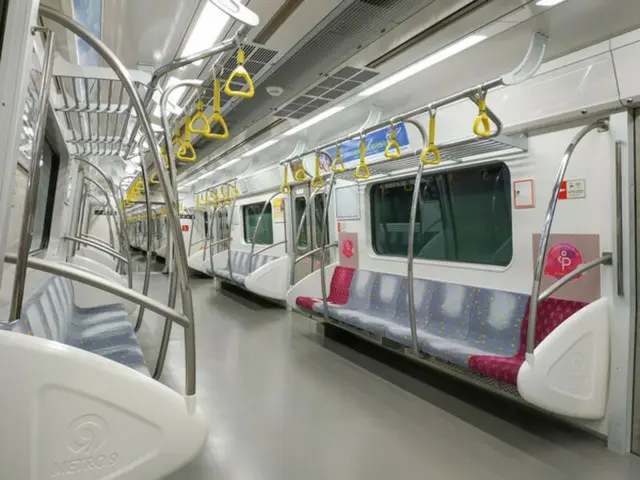However, Seoul City is reluctant to consider the idea, fearing it could further exacerbate the conflict. Recently, the Seoul City policy proposal website stated, "Preferential seats for pregnant women on the subway will be equipped with sensors that detect whether the woman is pregnant or not.
The creator, Ms. A, said, "The original purpose of the priority seat system for pregnant women has been lost because non-pregnant passengers are using the priority seats. The system has become a mere formality.
"The reality is that it is even more difficult to expect consideration in the general seats because priority seats for pregnant women are used," the statement said.
Ms. A also said, "I want a sensor that can detect whether or not pregnant women can sit in the priority seats.
He suggested, "We should put up a card reader and install card detectors on the left and right sides of the priority seats for pregnant women," and, "If the card is not touched, a light should come on at the bottom of the seat."
In fact, similar systems have already been introduced on urban railways in the Busan and Gwangju areas.
In response to this, the city of Seoul immediately stated that it would be difficult to install sensors in priority seats for pregnant women.
They said there was no legal basis to stop people from sitting in priority seats and that repeated use of the lights and warning sounds could lead to other passengers complaining.
In addition, due to the nature of the Seoul subway, which is larger than other areas, if this device is installed in all priority seats for pregnant women, it will be large.
The Seoul Metropolitan Transportation Corporation estimated that the artificial device would cost 4.6 billion won (US$5.3 million) to install and 200 million won (US$23 million) per year for maintenance and repair.
Meanwhile, priority seats for pregnant women were introduced in Seoul subways in 2013 to encourage pregnancy and childbirth and to spread the culture of giving priority to pregnant women. However, complaints about priority seats for pregnant women continue to arise.
The Seoul Metropolitan Transportation Corporation, which operates lines 1 to 8 of the Seoul Subway, received 7,334 related complaints in 2022 and 7,086 in 2023. As of last month, 242
One submission has been received.
2024/06/28 11:30 KST
Copyrights(C) Herald wowkorea.jp 85

